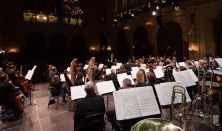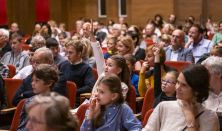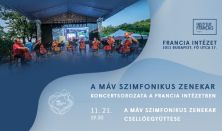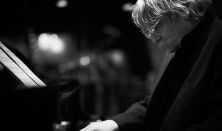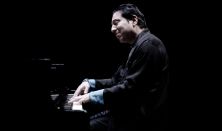Program
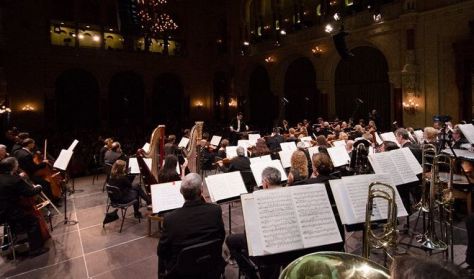
III. Doráti Karmesterverseny Finálé
Doráti Antal Karmesterverseny Döntő- és Gálakoncertje
Nincs aktuális előadás
Ön egy múltbeli eseményre keresett rá. Kérjük, válogasson aktuális kínálatunkból a Jegy.hu keresőjében!
Last event date: Saturday, September 11 2021 7:00PM
III. Doráti Karmesterverseny Finálé
Műsor
Doráti: Nocturne és Capriccio – 1. Nocturne. Andante rubato
Csajkovszkij: 5. (e-moll) szimfónia, op. 64 – 1. Andante – Allegro con anima, 3. Valse. Allegro moderato
Vezényel: az 1. döntős
Doráti: Nocturne és Capriccio – 1. Nocturne. Andante rubato
Csajkovszkij: 6. (h-moll) szimfónia, op. 74 („Patetikus”) – 3. Allegro molto vivace, 4. Finale. Adagio lamentoso
Vezényel: a 2. döntős
Jávorkai Brothers
MÁV Szimfonikus Zenekar
A legendás karmester, Doráti Antal nevével fémjelzett verseny megrendezésére immár harmadik alkalommal kerül sor, mára a világ egyik legfontosabb karmesterversenyévé vált. A versenyzők, akik az új generáció legelismertebb nemzetközi tehetségei közé tartoznak, a MÁV Szimfonikus Zenekart vezénylik a záró gálakoncerten, és rangos nemzetközi zsűri értékeli őket. A zsűri tiszteletbeli elnöke Martin Engström, a Verbier Fesztivál főigazgatója.
Rendező: Overture Nonprofit Kft.
Our offer
The musicians of our orchestra prepare their favorite pieces for the interactive program recommended for 0-3 year-old children. Edit Székely, the mastermind behind the series, is a flute-player and music teacher, who will make the event even more exciting with children’s songs and plays.
A Máv Szimfonikus Zenekar csellóegyüttesének koncertje
Suggestions
Karácsonyi koncert
Fazıl Say, Farkas Róbert
Warning! The basket time limit is about to expire!
item(s) in basket
total:
Time limit has expired. Please, put item(s) in to basket again.
